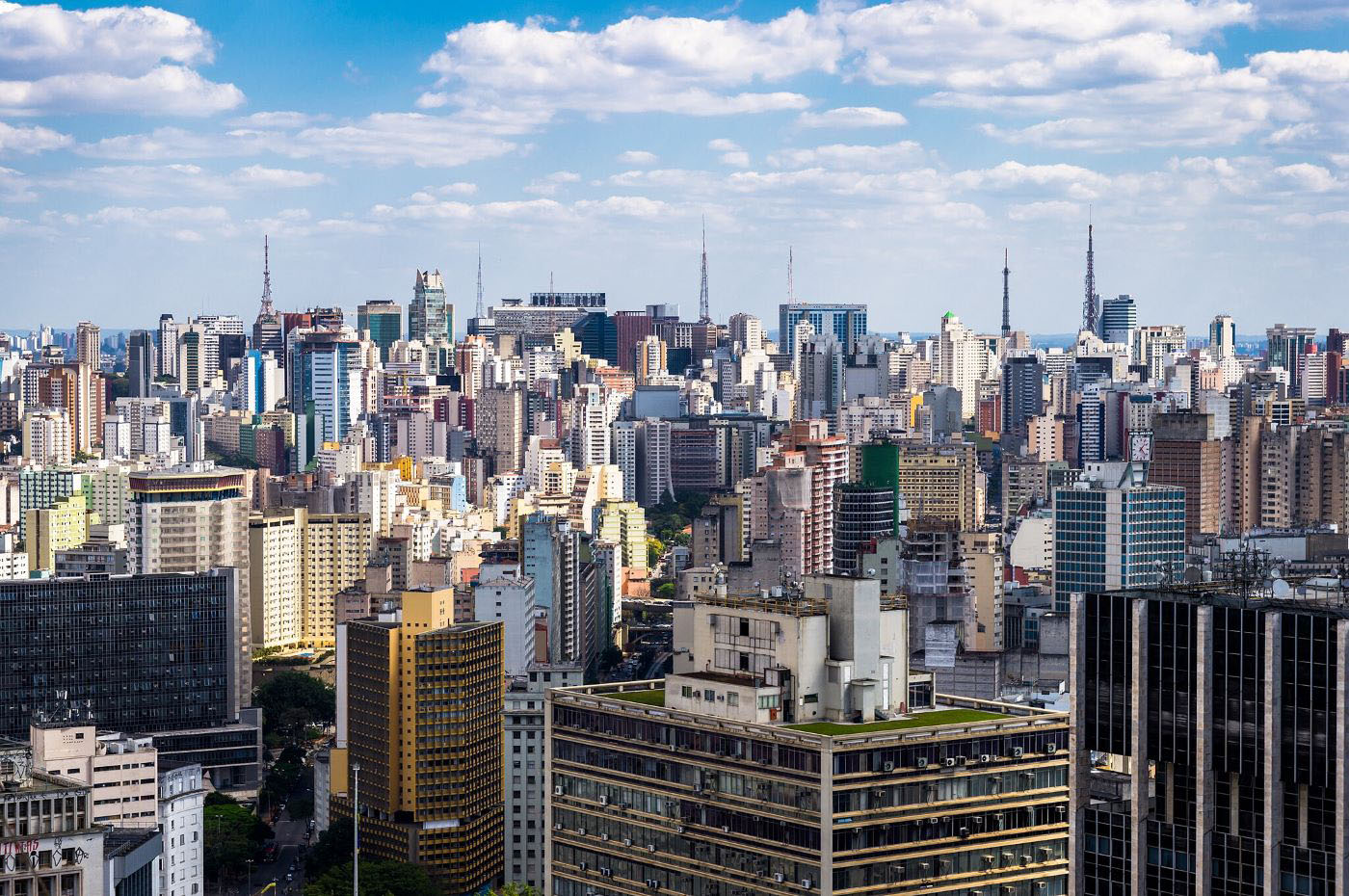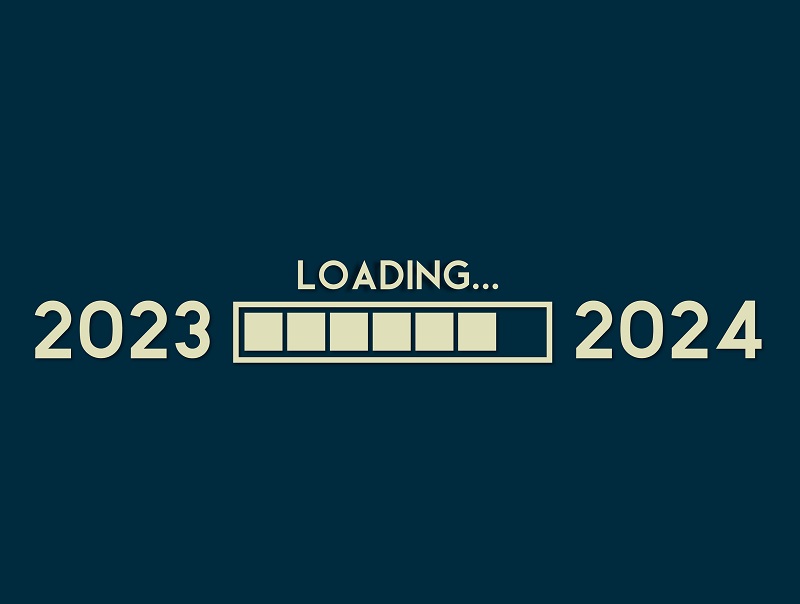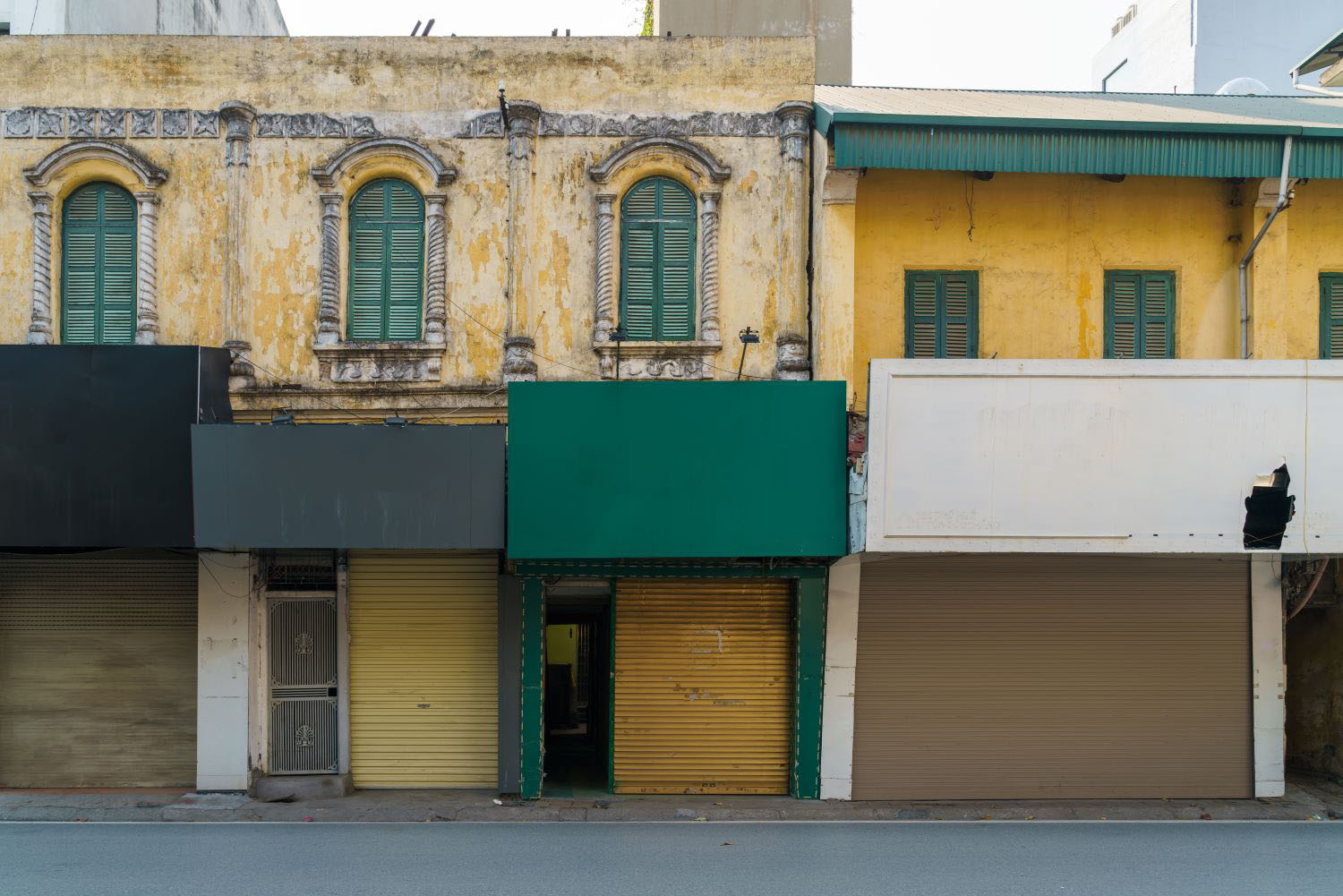There’s a lot to like in UN Secretary General Ban Ki-moon’s call yesterday for the heads of heads of state attending the April 2 London Summit to commit to new measures to help developing countries cope with the global economic crisis. According to an interview reported in today’s Financial Times:
Ban said he would use next week’s G-20 in London of leading developed and emerging economies to call for developed countries to meet unfulfilled overseas aid targets, to provide funding to tackle climate change in poorer regions, and to help with liquidity for emerging economies. “I will ask them to provide a truly global stimulus package that meets the needs of all developing countries and I would suggest $1,000bn over the next two years,” he said.
In the letter that Ban sent to the heads of state, he explained the further:
The United Nations has estimated that the total financing needed to support developing countries through the crisis is at least US $1 trillion for 2009 and 2010. While this is a large sum, most of it could be mobilized through existing mechanisms and institutions. In providing this support you will bolster the global economy, help to underpin your own growth, and secure global stability.
Those who follow our work may remember Nancy Birdsall’s mid-February CGD Note,
How to Unlock the $1 Trillion that Developing Countries Urgently Need to Cope with the Crisis, in which she provides further detail about why $1T is needed, and how it could be mobilized. She wrote:
The International Monetary Fund and the multilateral development banks already have the wherewithal to put as much as $1 trillion on the table over the next 12 to 18 months. They also have the mechanisms in place to help developing countries to use those resources well. At the April summit, the G-20 heads of state should announce that number.
Ban’s letter goes on to argue that rich countries should put in place a mechanism to monitor and combat new protectionist measures in trade; to recognize the important role that migration is playing in development and “consider the plight of migrants as you respond to the crisis;” use the global stimulus as an opportunity for new, large-scale investments in “clean energy, energy efficiency and green jobs… to set our economies and planet on a sustainable path;: and finally, he wrote:
We must adapt our structures and systems to new realities. A genuine solution to the crisis requires a new international financial and economic architecture that reflects the changing realities in the world and gives greater voice to emerging and developing economies… (including) a fundamental reform of the governance structure of the Bretton Woods Institutions and continued reform of the United Nations.
To which, we say “Hear! Hear!”
(and for those who are wondering: just what does a trillion dollars look like? Check here. )
CGD blog posts reflect the views of the authors, drawing on prior research and experience in their areas of expertise.
CGD is a nonpartisan, independent organization and does not take institutional positions.





